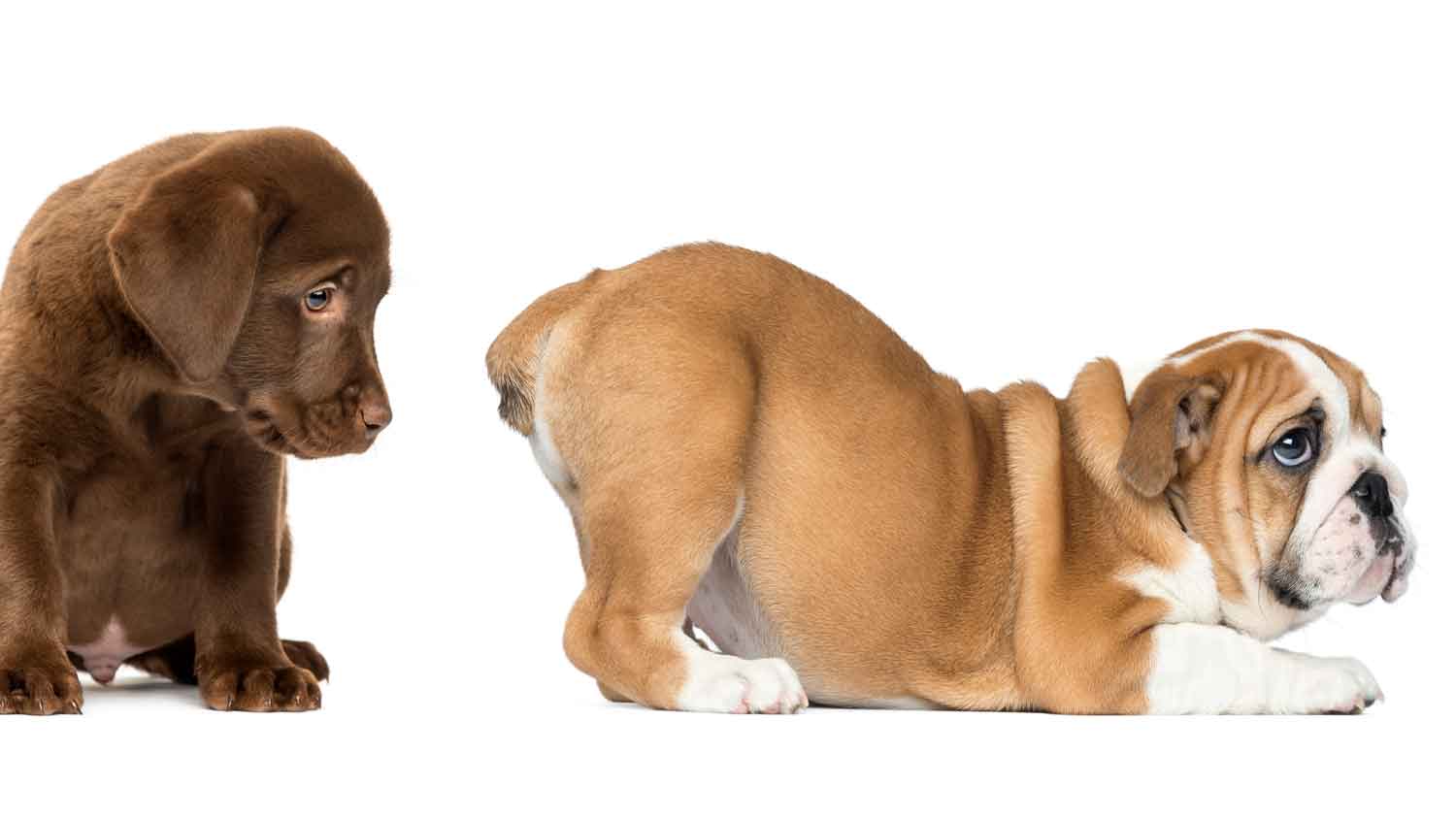Cypress View2021-04-25T20:34:14-06:00
If you have any type of social media, you have probably seen the funny videos of the dogs who are rubbing their behinds on the ground, on the furniture, or dragging their butts across the grass. Although yes, they are funny (especially when the music’s beat in the video matches the butt scratches), these poor pups are actually trying to relieve themselves from a literal pain in the butt.
Anal glands are one of the few things that our pets have anatomically that thankfully, humans do not. These little glands fill with a very stinky substance that is expressed when a pet has a bowel movement. Ever wonder why your dog just LOVES to smell another pet’s poo on a walk? It’s because every pet has their own scent, and it’s telling your dog that his arch nemesis, Mr.Fluffy, was right in this spot a little while ago.
Sometimes, these glands cannot express themselves properly, and start to fill up and create pain. This is when you start to see your pet licking its back-end excessively, dragging their bum on the ground, chasing their tail, or sitting and rocking back and forth. If your pet is doing one or more of these things, they probably need some help from their Vet!
One of the myths we hear quite frequently from pet owners as soon as they see their pet rubbing their bum on the ground is “he must have worms”! More than likely, it is the glands causing the issue.
The reasoning for anal glands to not express naturally are:
1.) The stool is not firm /large enough to express the glands naturally
- Food Allergies
- Diarrhea
- Not enough fibre in the diet
- If your pet has just started scooting, and the bum area isn’t visibly swollen or sore looking, you can try adding some canned pure pumpkin or powdered metamucil to their food. By bulking up the stool it may allow the passing of the stool to milk out the gland naturally. If it works your pet should stop scooting and you can avoid having to bring them in to see us to have them manually expressed.
2.) An Anatomy issue
- The glands are in a less than ideal location and cannot express on their own
3.) Obesity
- The surrounding fat can push the anal glands further in which makes them difficult to express on their own
4.) Too many manual expressions
- Having the glands expressed too often when your pet is not showing any signs of gland issues can cause irritation to the glands and cause more problems
In some cases, the glands can become infected and an abscess can form which is extremely painful!
If your pet is regularly needing to have their glands expressed manually, an intervention may be needed from a Veterinarian to find the source of the problem. These glands should naturally be able to be expressed on their own, and if they are not, it’s time to investigate! We are also offering laser therapy to help with anal gland healing so be sure to inquire about that!


